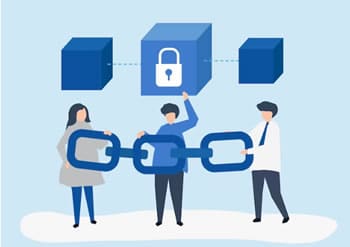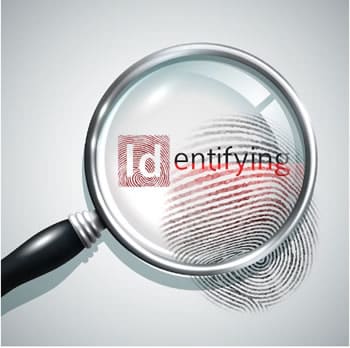The Role of Artificial Intelligence in Cyber Security: Harnessing the power of AI for threat detection and response

The use of artificial intelligence (AI) in cybersecurity is rapidly growing, and it’s easy to see why. As technology advances, so do cyber threats. Organizations need to find better and faster ways to detect and respond to these threats, and AI is proving to be an invaluable tool in this fight. In this article, we will explore the role of AI in cybersecurity, its benefits, and how cyber security companies can leverage AI to help organizations protect their networks.
What is artificial intelligence in cybersecurity?
Artificial intelligence refers to the use of algorithms and machine learning techniques to create systems that can learn and improve on their own without being explicitly programmed. In cybersecurity, AI can be used to detect and respond to cyber threats automatically.
AI can be trained on vast amounts of data, including network traffic, user behavior, and known malware, to learn what normal activity looks like on a network. Once the AI has a good understanding of what is normal, it can then detect anomalies or suspicious activity that deviates from that norm. This allows organizations to detect threats faster and more accurately than relying on manual processes alone.
Benefits of using AI in cybersecurity
There are several benefits to using AI in cybersecurity, including:
• Faster threat detection: AI can analyze vast amounts of data much faster than a human can, allowing threats to be detected in real-time.
• Improved accuracy: AI algorithms can learn from historical data and improve their accuracy over time. This means that the more data an AI system is trained on, the more accurate its predictions become.
• Reduction in false positives: By analyzing data in real-time, AI can reduce the number of false positives, meaning that security teams can focus their efforts on genuine threats rather than wasting time on false alarms.
• Automation: AI can automate the process of threat detection and response, freeing up security teams to focus on more complex tasks.
AI-powered threat detection and response
One of the key applications of AI in cybersecurity is in threat detection and response. AI can be used to detect both known and unknown threats, including malware, phishing attacks, and insider threats.
By analyzing network traffic and user behavior, AI can detect anomalies that may indicate a potential threat. Once a threat is detected, the AI can trigger an automated response, such as quarantining a device or blocking access to a particular resource.
In addition to threat detection, AI can also be used to investigate and respond to threats. By analyzing data from multiple sources, AI can build a more complete picture of an attack and help security teams respond more effectively.
Professional cybersecurity companies using AI
One of the key ways that cyber security companies can use AI is in their threat intelligence platform. This involves the use of machine learning algorithms to analyze data from multiple sources, including network traffic, social media, and dark web forums. This allows them to detect potential threats early and respond more quickly to attacks.
Conclusion
AI is proving to be a valuable tool in the fight against cyber threats. By leveraging machine learning algorithms and vast amounts of data, AI can detect and respond to threats faster and more accurately than relying on manual processes alone.
East Africa Hi Tech Solutions is a professional cybersecurity company that specializes in providing advanced security solutions to businesses in East Africa. They offer a range of services, including cybersecurity risk assessments, security policy development, and incident response.









